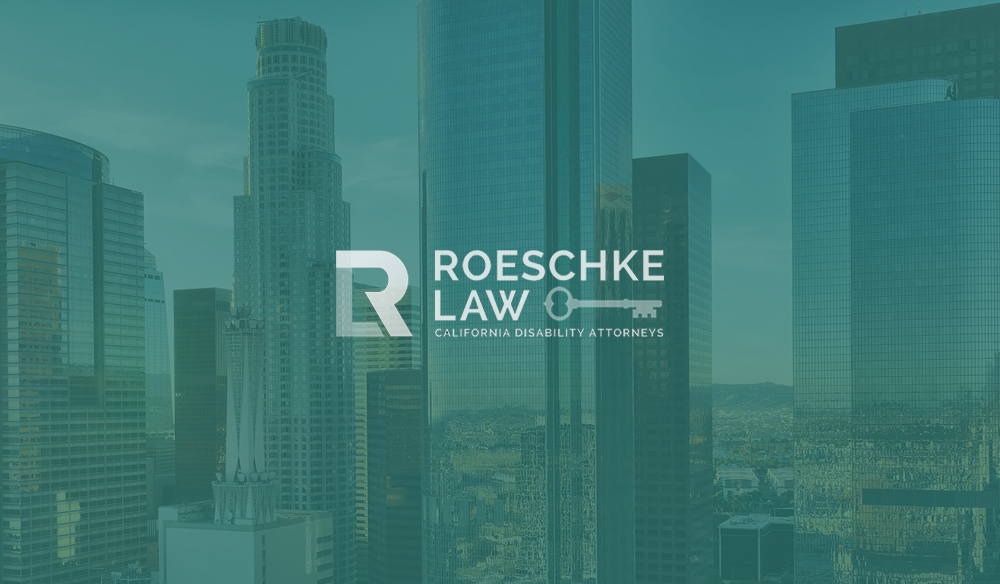Social Security Disability (SSD) benefits are for disabled workers who can no longer work. If you need to receive SSD benefits, or if you have concerns or questions about the benefits you currently receive, schedule a consultation with a San Diego Social Security disability attorney.
Social Security Disability benefits are paid each month in the United States to more than eight million disabled workers who have worked, have paid Social Security (FICA) taxes, and are struggling with a condition that the Social Security Administration (SSA) defines as a disability.
SSD benefits cannot be seized or garnished to pay private debts like car loans or credit card debts. However, for particular debts, SSD benefits may be garnished. What are those particular debts? What do SSD benefit recipients need to know about protecting their disability benefits?
If you’ll continue reading, you will find answers to these questions, but if your SSD benefits are being garnished – or if you are disabled and need to begin receiving disability benefits – you will need the personalized advice that a San Diego Social Security disability lawyer will provide.
For What Reasons May SSD Benefits Be Garnished?
SSD benefits may be garnished each month to make payments for alimony, a crime victim’s restitution, federally funded student loans and home loans, back taxes, and other debts owed to the state or federal government. SSD benefits may also be garnished to pay child support.
If you have been ordered by a court in California to make monthly child support payments, becoming disabled and receiving Social Security Disability benefits does not relieve you of that legal obligation. You are still required each month to pay the amount ordered by the court.
If a parent does not make child support payments completely and on time as ordered by the court, and if that parent receives monthly SSD benefits, a percentage of those benefits may be garnished for child support, and the parent’s SSD benefits will be reduced by that percentage.
How Much May Be Garnished?
Federal law places strict legal limits on how much of your Social Security Disability benefit payment may be garnished. The Consumer Credit Protection Act establishes these limits:
- Fifty percent of your Social Security Disability benefits may be garnished if you’re also supporting a spouse or another child (other than the child that the court has ordered you to support).
- Sixty percent of your Social Security Disability benefits may be garnished if you’re not supporting a spouse or another child.
- An additional five percent of your Social Security Disability benefits may be garnished if you’re at least twelve weeks behind with your child support payments.
What if You Can’t Meet Your Child Support Obligation?
A California parent who pays child support makes those payments until the child turns age 18 (or 19 if the child is still in high school). Payments may extend beyond those dates if parents choose to continue the arrangement, or in some instances, if a child is physically or mentally disabled.
If you are a California parent who can no longer make your child support payments due to your disability, or if your monthly SSD benefits are already being garnished for child support, you must have an attorney file a petition with the court for a modification of the child support order.
A child’s best interests is always the top priority in a California family court, so you and your attorney will have to demonstrate to the court that the modification you are requesting is in the best interests of the child.
What Are Derivative Benefits?
SSD derivative benefits are made available for many children when a child’s non-custodial parent is receiving SSD benefits. Derivative benefits are considered income for that parent, so when a child receives derivative benefits, that amount counts toward child support payments.
For example, if a child receives a $300 per month Social Security Disability derivative payment, and if the court-ordered child support obligation is for $800 per month, the parent who makes the child support payments will have his or her monthly obligation reduced to $500.
If you receive or begin to receive Social Security Disability benefits, tell the other parent about SSD derivative payments. It is the custodial parent who must apply to the Social Security Administration for SSD derivative benefits, although that parent may need an attorney’s help.
A San Diego Social Security disability attorney can explain more about Social Security Disability derivative benefits and will help parents apply for those benefits.
For What Other Reasons May SSD Benefits Be Garnished?
As mentioned previously, Social Security Disability benefits may also be garnished for federal tax payments, federal student loan payments, and alimony payments. If your taxes are delinquent, the IRS may not garnish more than fifteen percent of your SSD benefits.
For student loans that are in default, fifteen percent of your Social Security Disability benefits may also be garnished, but with the additional provision that a garnishment for a student loan cannot leave you with under $750 a month in Social Security Disability benefits.
Garnishments for alimony are handled like garnishments for child support. The limits on how much of your Social Security Disability benefits may be garnished for alimony are the same limits set by the federal Consumer Credit Protection Act for child support garnishments.
What Else is Important to Know?
If you think your Social Security Disability benefits have been garnished by mistake, the SSA can’t help. Your lawyer will have to contact and negotiate with the party that claims you owe money – the IRS, for example, or the court that ordered you to make child support payments.
In the San Diego area, if you are disabled and you need to acquire monthly Social Security Disability benefits, promptly contact a San Diego Social Security disability lawyer who handles SSD claims on a regular basis and knows what it takes to acquire your disability benefits.
Your disability attorney will help you fill out your application for Social Security Disability benefits, and if for any reason those benefits are denied to you, your attorney will appeal that decision and will work aggressively to acquire the disability payments you need.
Additionally, your Social Security disability attorney can answer your questions and address your concerns about garnishments, taxes, and all other matters related to Social Security Disability benefits.














